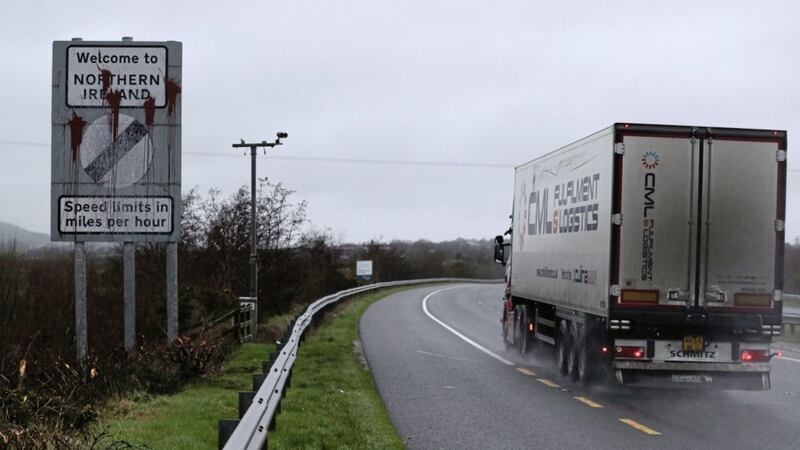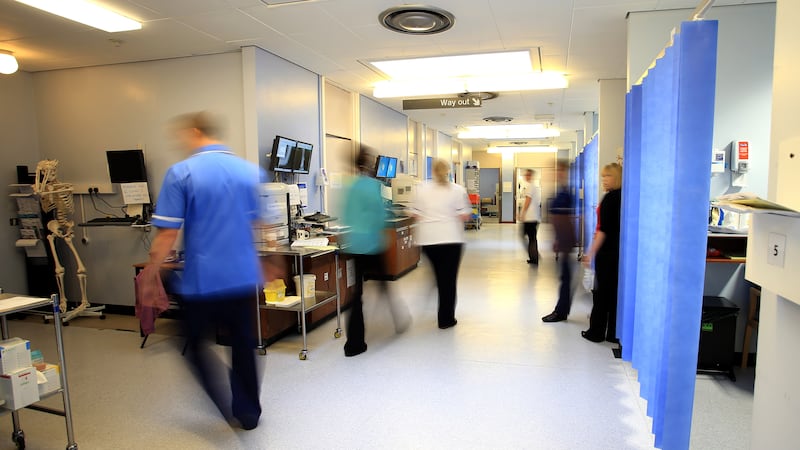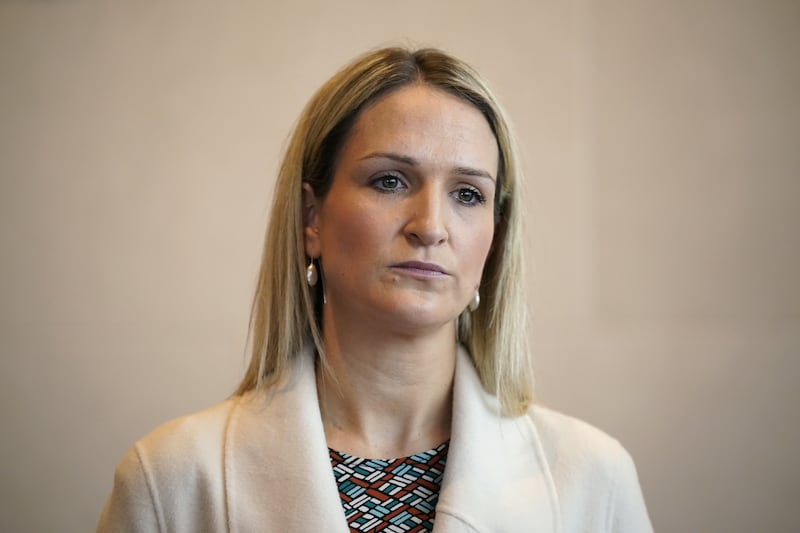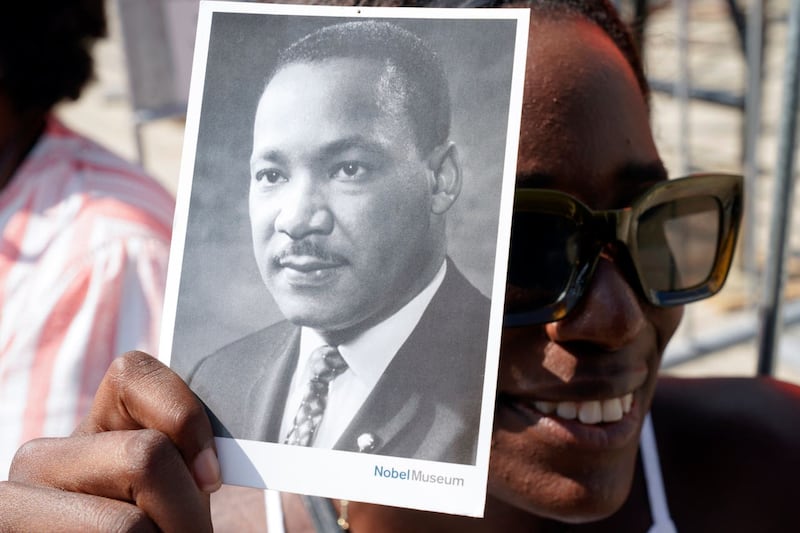WITH the latest rejection of Theresa May's withdrawal deal increasing the likelihood of the UK crashing out of the EU, there was an obligation on her government to outline its contingency trade plans for a no deal scenario – a British backstop, of sorts.
There's was a suspicion that making public the proposals for ensuring a frictionless border would focus minds, and if that was indeed the case, they certainly had the desired effect, though where the actual focal point is located isn't clear.
While there are many objections to the UK's planned imposition of tariffs on EU goods, except those coming from the Republic into Northern Ireland, it is difficult to find a consistent thread in the criticisms. It seems nobody, north or south, is amenable to what has been outlined for a variety of reasons, fuelling further suspicions that they are deliberately designed to be as unpalatable to as many people as possible.
Most notably, the DUP was uncharacteristically slow to respond and surely this is because what's on the table differentiates Northern Ireland from Britain, something the party has been stridently opposed to throughout the Brexit negotiations.
Somewhat incredulously, journalists at a Northern Ireland Office briefing in the morning were told that there are no plans for new checks or controls for goods leaving the north's ports – the so-called border in the Irish Sea – and instead the authorities will rely on intelligence to detect and intercept those trying to avoid tariffs. But this was then contradicted at lunchtime by chief secretary to the Treasury Liz Truss.
It was mid-afternoon by the time Jim Nicholson – Ulster Unionist MEP for the next fortnight – broke unionism's collective silence, saying the no deal plans "would essentially annex Northern Ireland away from the rest of the UK".
He also highlighted the glaring flaw in south-north tariff-free trade that would potentially allow goods from the Republic to be rebranded north of the border and then shipped to Britain.
Meanwhile, the agrifood industry on both sides of border was warning of armageddon. It's a sector accustomed to whinging but with the day of reckoning so close, there are deep concerns about potential devastation, especially to the Republic's beef industry, which exports half its output to Britain.
The concerns from the south were straightforward – tariffs on goods entering its main market would make prices uncompetitive and demand would drop significantly – and accordingly, the Dublin government shares the sector's worries.
North of the border, the response was more nuanced but equally negative. Farmers warned that the arrangements could potentially "open the door to illegal trade", while food companies' representatives said the proposals could give their EU rivals "unfettered access" to the north and therefore Britain.
The regional arm of the CBI labelled the proposals "confused at best, disingenuous at worst", as it highlighted concern about the UK's ability to actually deliver them.
The business body also raised the possibility that the EU would in turn impose tariffs on goods coming from the UK, leading to checks on the border.
On one hand, the universal derision of what looks like an ill-thought-out plan augers well, as it appears nobody, including the World Trade Organisation, will accept the measures.
However, there must also be a worry that we are approaching March 29 and those responsible for ensuring the softest possible landing are utterly clueless.








